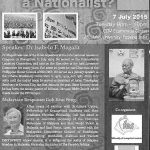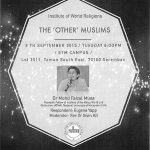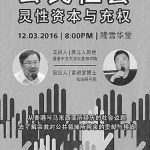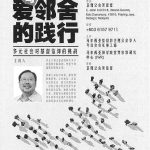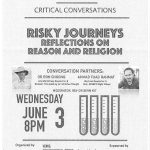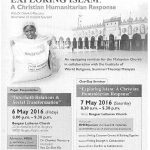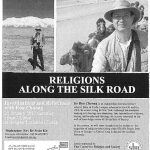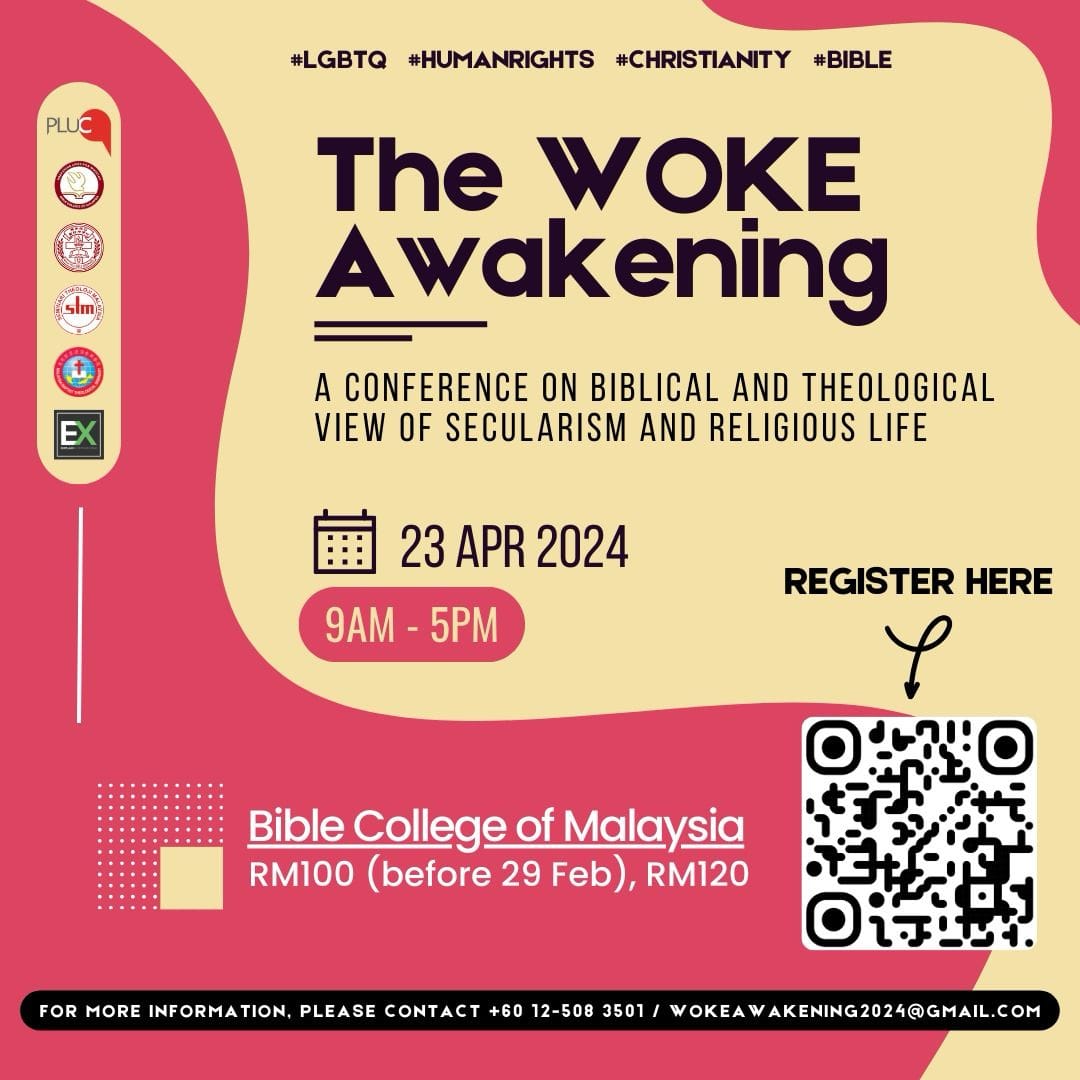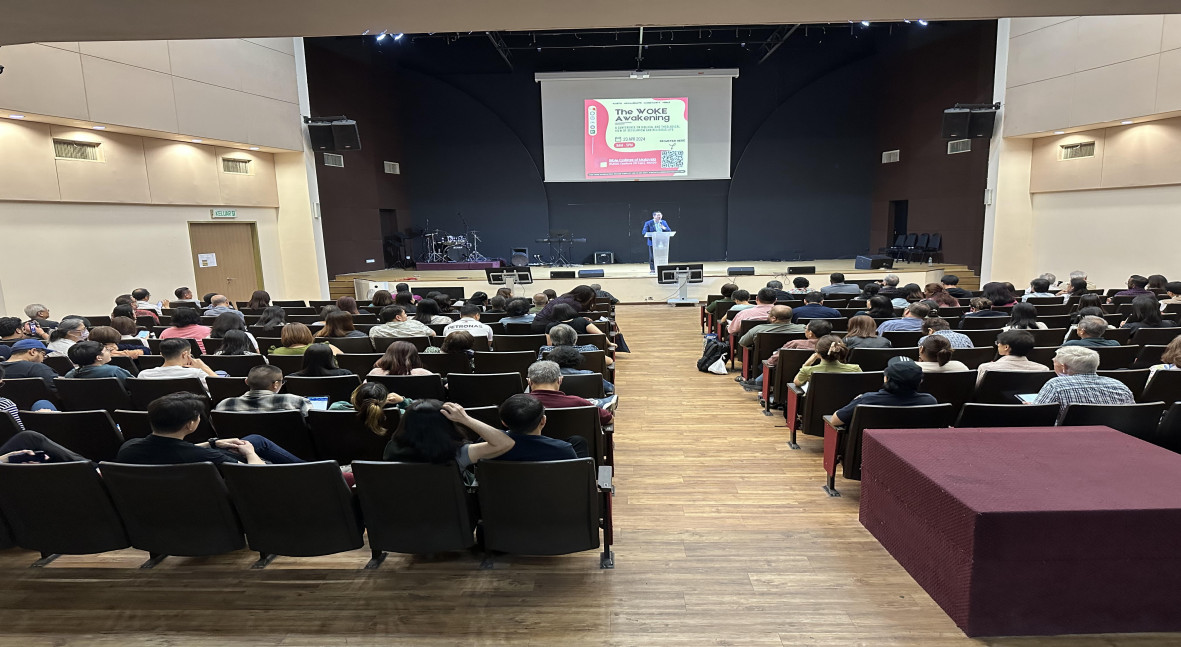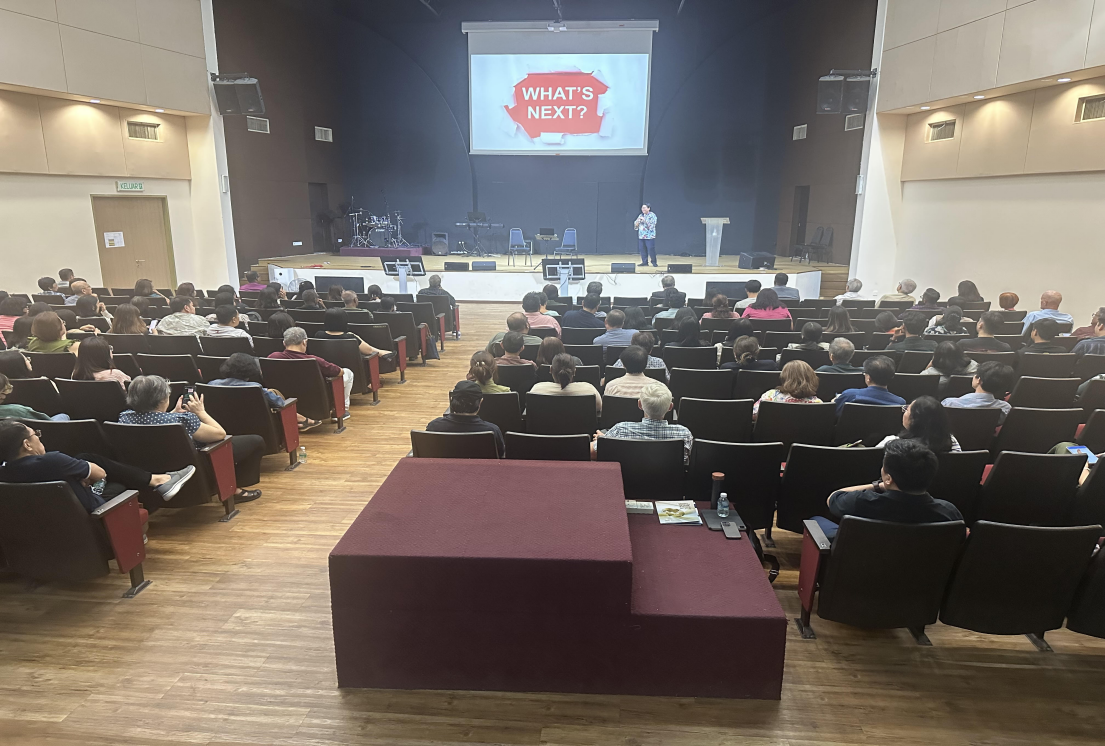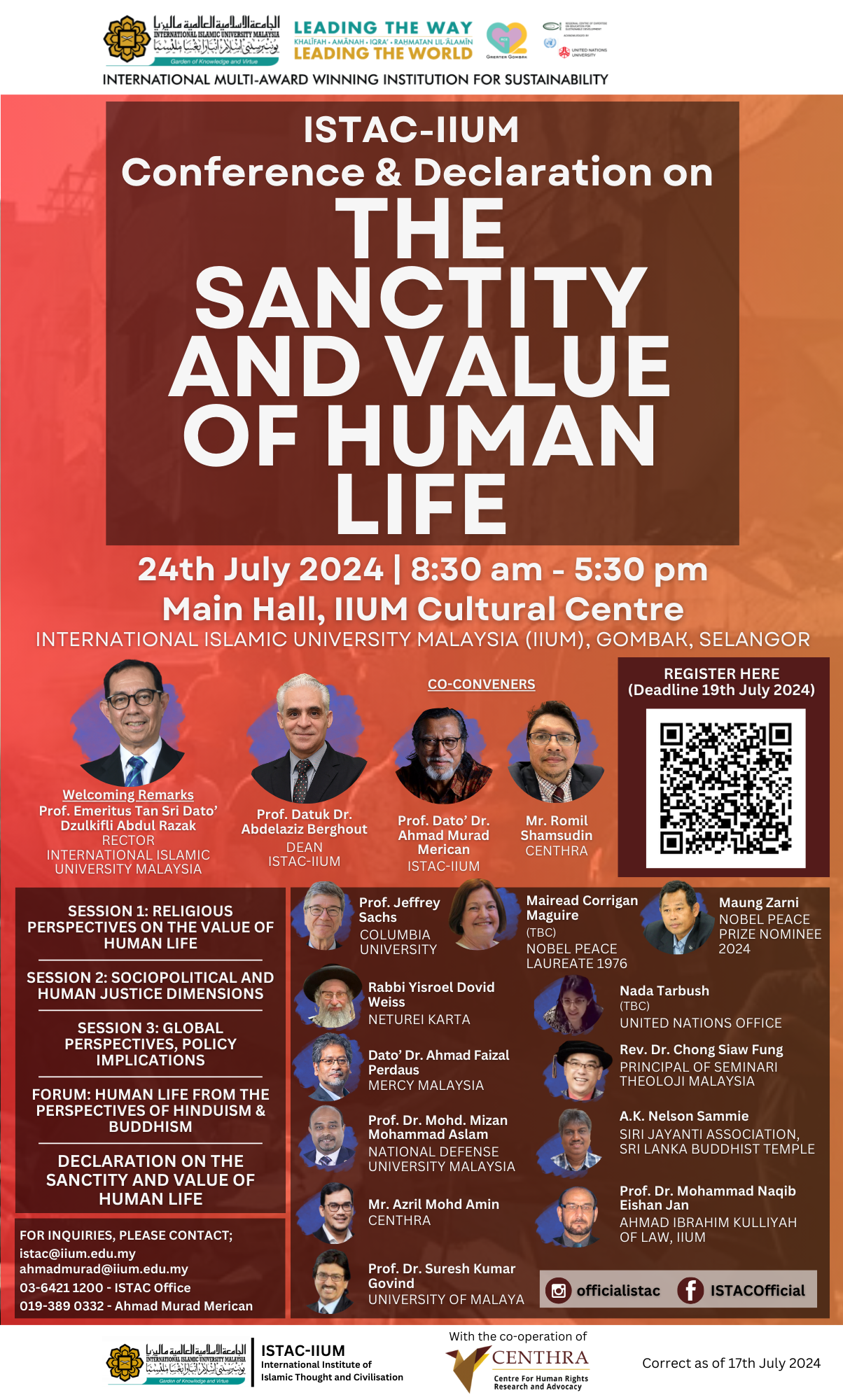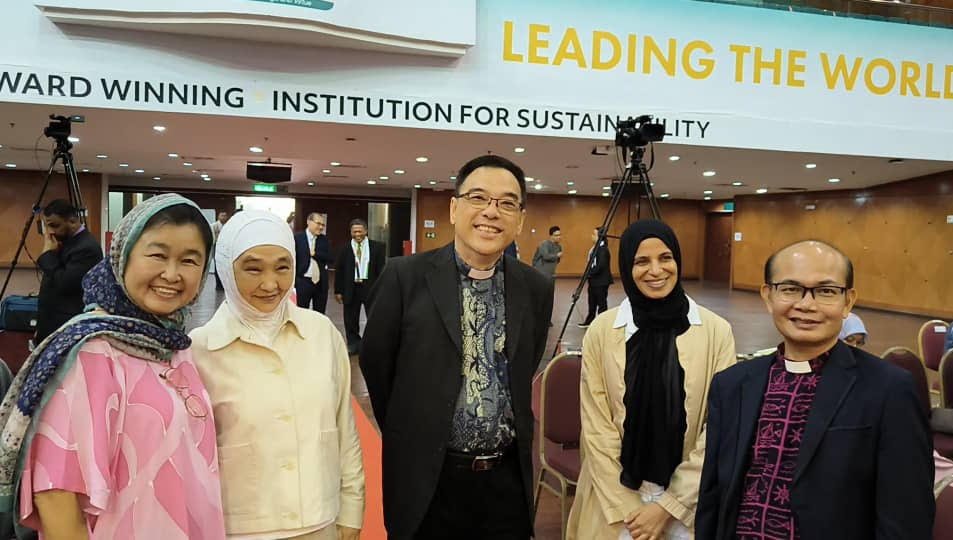CENTRE FOR RELIGION AND SOCIETY(CRS)
1. HISTORY OF THE RESEARCH CENTRE
1.1 Brief background and evolution.
Seminari Theoloji Malaysia (STM) established the Institute of World Religions (IWR) in 2007 under the leadership of its founding director Rev Dr Solomon Rajah, a former Bishop of the Evangelical Lutheran Church in Malaysia. The institute’s primary mission is to equip Malaysian Christians with a deeper understanding of the various religions around them, both locally and globally. IWR was renamed to Centre for Religion and Society (CRS) in 2016 to clearly reflect its emphasis on religion and society. CRS grew over the years under its successive directors, namely Rev Dr Joseph Komar and Rev Dr Sivin Kit.
1.2 Expanded focus since 2015.
Rev Dr Sivin Kit who assumed leadership in 2015 broadened its scope beyond inter-religious understanding, exploring fields such as politics, culture, and civil society. Notable efforts include:
-
-
- Forums on public theology, featuring European and Asian perspectives.
- Collaborations with organisations like Project Dialogue and World Vision Malaysia to address Christian-Muslim relations and nation-building.
- Field trips and interdisciplinary initiatives to deepen contextual understanding of religion and society.
-
1.3 Engagements and partnerships
CRS has worked alongside various partners to foster dialogue and advocacy:
-
-
- Collaborations with NGOs, including Kairos Dialogue Network and Sisters in Islam, to address religious concerns and build solidarity.
- Participation in workshops, consultations, and initiatives on topics such as religious extremism, nation-building, and tolerance, engaging groups like the Islamic Renaissance Front and Iman Research.
-
1.4 Programmes and initiatives.
CRS organises and supports events, workshops, and talks that address the role of religion in society. Highlights include:
-
-
- Talks on topics like Islamic law, religion and mental health, and digital religion.
- Events such as “Women and Islam” and discussions on religion along the Silk Road.
- Contributions to research and dialogue on issues affecting religious minorities and society transformation.
-
1.5 Theological and social collaborations.
CRS has fostered collaborations with theologians, researchers, and institutions to enhance theological reflections and social research:
-
-
- Collaboration efforts with theological collaborators to strengthen the Malaysian church’s identity and witness.
- Research initiatives exploring interactions between Christianity and media, politics, and intercultural relations.
-
The following are some of the work undertaken by CRS under the leadership of Rev Dr Sivin Kit
Dr Wilfred John took over the directorship in 2018 upon the transfer of Rev Dr Sivin Kit to Geneva, Switzerland. Dr Wilfred John expanded the scope of CRS further by addressing key issues relevant to Malaysia. One of the major programmes of CRS at his time was “Religion and Public Space: Inter-religious Discourse and the Role of Media” which was a joint seminar between STM, FAU and Mission One World on 23-27 February 2020.
The spread of Covid-19 disrupted the continuation of the CRS programme.
Dr Wilfred John then moved on to Kota Kinabalu, Sabah.
Mr Ram Buraat, a faculty of STM took over the helm of CRS in 2021. Despite the Covid-19 restrictions, he managed to organise two hybrid seminars on interfaith topics together with Kairos Dialogue Network and National Unity Programme, UID Sejahtera, and also on the topic of RUU 355’s ideology together with CFM. Mr Ram Buraat transferred to the Sabah Theological Seminary as a lecturer in Kota Kinabalu in December 2023.
Rev. Jensey Mojuin took over the leadership of CRS in January 2024. CRS continues making inroads under the leadership of Rev Jensey. He is constantly re-evaluating CRS’s purpose in order to ensure relevant engagement to meet the current needs and times we live in.
2. 2024 PROGRAMMES
CRS actively participated in various conferences that allowed us to contribute to critical conversations on issues that align with its mission and to continue its influence in public theology, interfaith understanding, and community development.
2.1 The Woke Awakening Conference on Biblical and Theological View of Secularism and Religious Life on April 23rd in Bible College of Malaysia (BCM).
This was the first conference in 2024 where CRS was involved as an organiser. There were more than 183 participants from Malaysia and other countries like Vietnam and Singapore. Dr Chong Siaw Fung, Dr.Tan Ee Yan, Mr. Eugene Yapp, Rev. Jensey Mojuin and some of our alumni and students also took part in this conference. You can watch this conference on YouTube by using the search keyword “The Awakening Conference 2024”. The conference was a success. CRS is grateful to be able to work together with BCM, and look forward to more future collaborations.
The conference photos are as follows:
(Photo Credit: Centre for Religion and Society).
2.2 ISTAC-IIUM Conference and Declaration on The Sanctity and Value of Human Life on July 24, 2024 at UIAM, Gombak.
Dr. Chong Siaw Fung and his wife, Mrs Yong Su Yee, and Rev. Jensey Mojuin participated in this conference, representing the Council of Churches of Malaysia (CCM) and CRS. Our participation showed that we do not support any kind of violence, terrorism and murder around the world against fellow human beings regardless of language, religion and race.
Dr Chong delivered a talk on “The value of Human Life in Christianity”. The talk was related to the theology of Nature, studying creation to learn about God as well as normative beliefs taught by individuals and Christian organizations throughout the ages. This talk opened the eyes of the participants to the Christian view of the value of human kind.
At the end of the conference, the organisers issued a declaration of 9 points which can be found on the IIUM website.
The following are the conference photos.
2.3 Regional Southeast Asia Dignity Conference 2024
Dignity for everyone, everywhere: Best Practices & Success Stories for Building Inclusive Society” on August 6-7, 2024
This is a collaboration between the Institute of Islamic Understanding Malaysia (IKIM), International Center for Law and Religion Studies (ICLRS), Brigham Young University, Religious Freedom Institute (RFI) and Seminari Theoloji Malaysia (STM).
The key take away from this conference was the emphasis of a better Malaysia by incorporating the differences in race, religion and language.
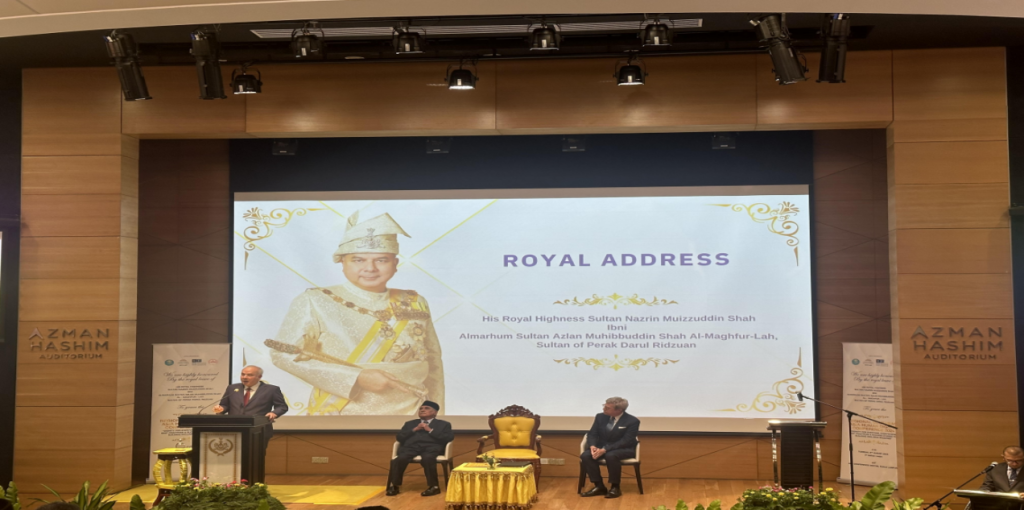
Royal Address by His Royal Highness Sultan Nazrin Muizzuddin Shah Ibni Almarhum Sultan Azlan Muhibbuddin Shah Al-Maghfur-lah, Sultan of Perak Darul Ridzuan
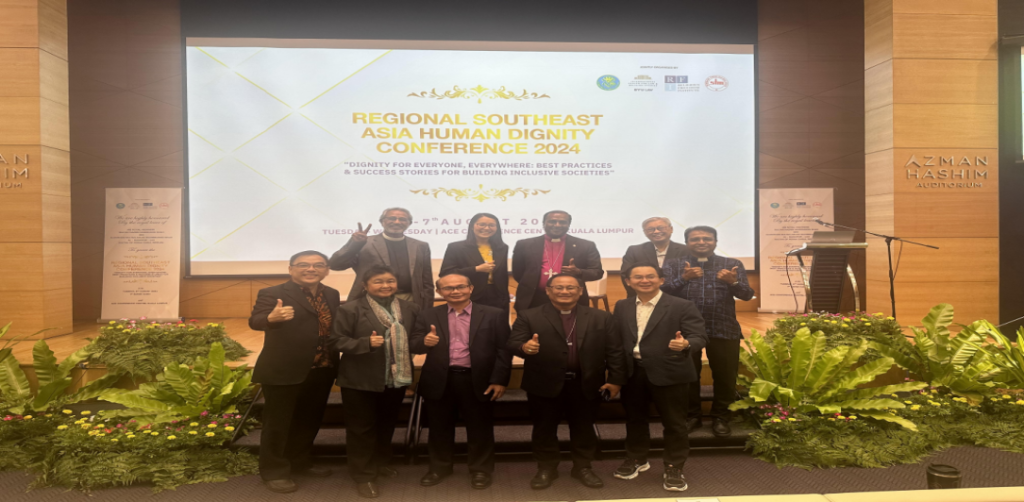
Conference participants: STM representatives- Rev. Dr. Albert S. Walters, The Rt. Rev. Steven Lawrence, Rev. Dr. Chong Siaw Fung, Mr. Eugene Yapp, Rev. Dr. Dennis, Mrs. Yong Su Yee, Dr. Tan Ee Yan, Rev. Dr. Chong Chuin Min and Rev. Jensey Mojuin; Bishop Datuk Melter Jiki Tais, the Bishop of the Anglican Church of Sabah, and Mr Tan Kong Beng from the Christian Federation of Malaysia.
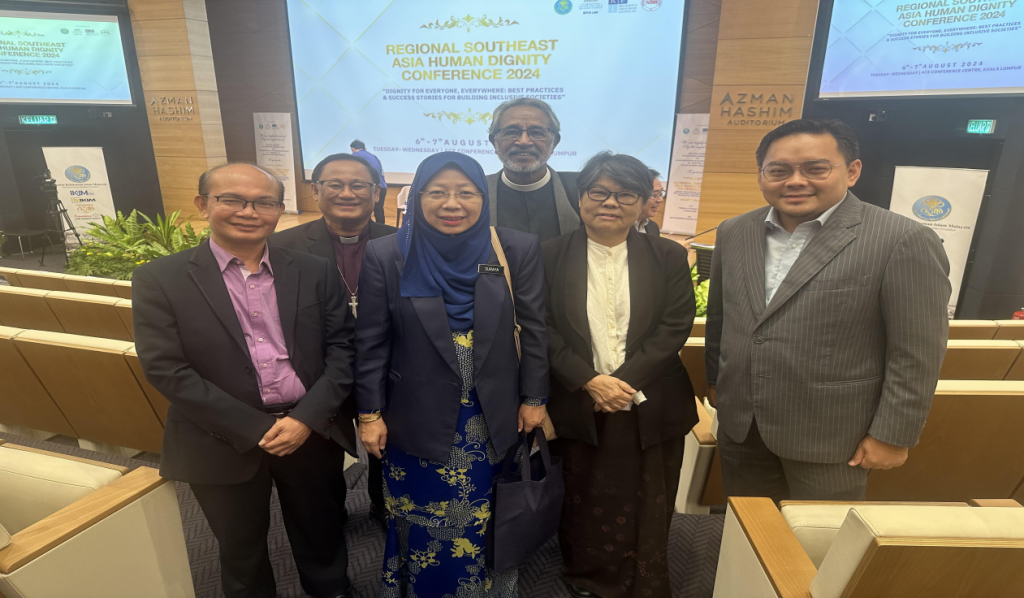
Together with the conference speakers. Mr. Ahmad Fahmi Mohd Samsudin, President ABIM & Mrs. Suraya Wen, Director JPNIN- Research Institute & Training on National Integration Malaysia.
3. 2025 PROGRAMMES
- Seminars, conference and forums: Participate in and hold conferences related to interfaith relations in Malaysia and abroad.
- Participating in webinar by the Network of center for Christian-Muslim relations (NCCMR) by Professor Adnane Mokrani (Pontifical Gregorian University in Rome)
Title:”Toward an Islamic Theology of Religious Pluralism”.
Date: Tuesday, May 27, 13:00 GMT - Centre for Religion and Society Conference
Title: Religion Should Bring Peace.
Date: 25 – 26 January 2026
Venue: Seminari Theoloji Malaysia (STM). - Table talks: Engage seminary students, STM communities and visiting experts in theological reflection on current society issues during STM Pastoral Groups on Wednesday and STM community lunch every Thursday.
- Community and other religion engagement activities: Conduct field trips and community programs to foster firsthand understanding of Malaysia’s diverse religious and cultural landscape. In May-September 2025, conducted visits with students to non-Christian houses of worship to learn from each other and get to know each other as well as build a strong relationship.
- Equipping the STM Alumni: Participate in the STM Alumni Homecoming event by delivering a presentation on “Malaysia Madani” to STM Alumni on 23 July 2025.
4. HOPE FOR THE FUTURE
- Inspiring advocacy and dialogue: Arousing the will for continuing meaningful interfaith dialogue, setting an example for harmony and mutual respect.
- Inspiring peaceful coexistence: Playing a key role in shaping a more inclusive and peaceful Malaysia, where diversity is celebrated as a strength.
- Contributing to nation building: Supporting Malaysia’s growth as a nation through initiatives that uphold justice, compassion and shared values.
- Advancing theological insight: Fostering holistic theological education to meet contemporary challenges and equipping leaders for effective ministry in the church, as well as in diverse societies.
5. CONCLUSION
CRS greatly appreciates the contributions of its founding leaders. The past 18 years has seen CRS make many in-roads in multi-faith conversations.
CRS remains deeply committed to equipping Malaysian Christians to engage effectively with the complexities of our nation’s diverse landscape. The partnerships we have fostered, the spaces we have created for dialogue, and the impact we have seen are all evidence of God’s faithfulness in this God’s calling and ministry. All glory be to God for His grace and providence.
Prepared by,
Rev. Jensey Mojuin.
Director of the CRS.
May 2025.
- IKIM-STM-UID-SEJAHTERA Malaysia Building Bridges Series: Focus Group Discussion One – A Conversation Between Christians and Muslims
- IKIM-STM-UID-SEJAHTERA Malaysia Building Bridges Series: Focus Group Discussion One – Human Dignity and Peace Building: Points of Convergence
- The International Symposium on Upholding Human Dignity for Peaceful Coexistence

